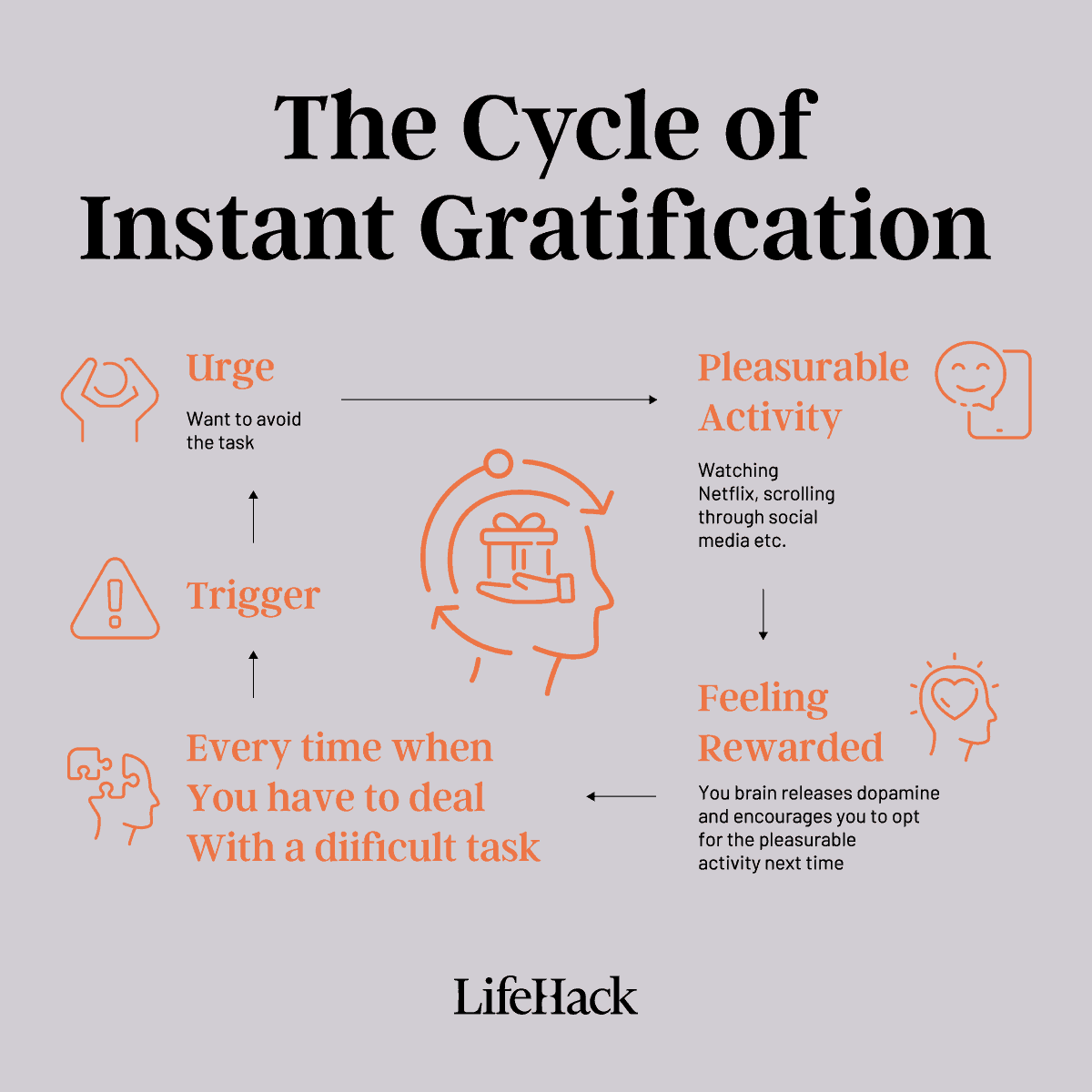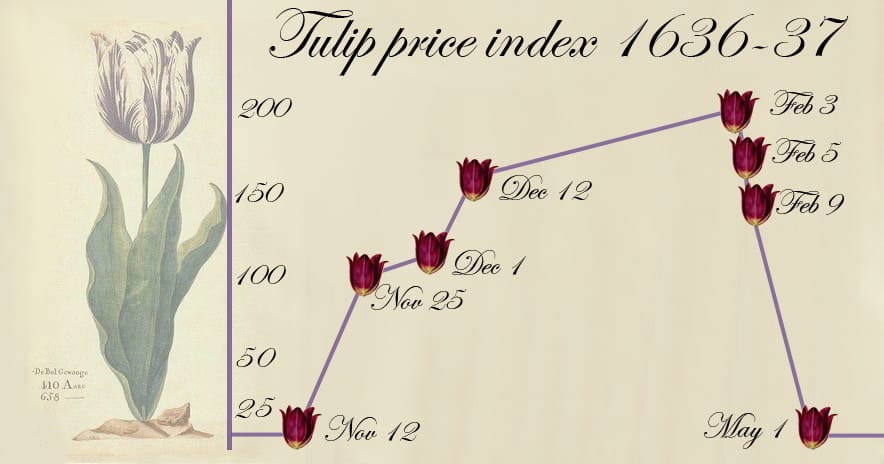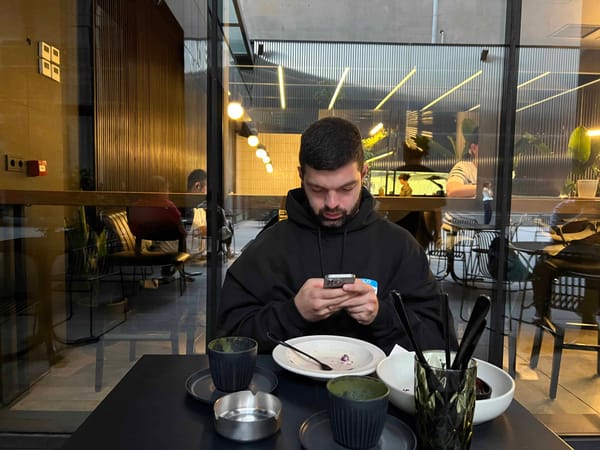You don`t need a shortcut
My thoughts on why a long journey and loving each step of it, is way more productive in the long term than seeking shortcuts.

I have finished reading Morgan Housel`s latest book and of key thoughts, there is how people are always willing to take a shortcut not understanding that the best things rarely come fast & easy. This happens almost everywhere, in finances, career, and other aspects of life. It was only recently, that I accepted this idea and tried to find joy in the little steps I take every day on my way to greatness. So let's dive deeper into the core of this idea.
Instant Gratification: Understanding Our Shortcuts Obsession
Our world celebrates speed. Fast food, quick wealth, instant communication - all these are testament to our obsession with getting what we want instantly. But what draws us to these shortcuts? It's a mix of our innate desire for efficiency and the constant push from society for immediate results.
This obsession is rooted in the psychological concept of instant gratification. Historically, being quick to act was crucial for survival. However, in today's complex world, this instinct often leads us down a path of hasty, ill-considered decisions.

The Tulip Mania of the 17th century is a prime historical example. It was the first recorded speculative bubble, where people invested heavily in tulip bulbs, expecting huge returns. But when the market crashed, it led to widespread financial ruin. Similarly, in the world of health and fitness, the allure of quick weight loss leads many to fad diets. However as studies have shown, these often result in temporary success and long-term health issues. Even our daily interaction with technology, favoring quick information over deep understanding, signifies this trend.

Historical Lessons: When Shortcuts Led to Long Delays
History is replete with examples of shortcuts leading to disasters. The story of the Trojan Horse, for instance, serves as a powerful reminder of the perils of deceptive shortcuts. In the realm of monumental projects, the construction of the Panama Canal stands out. Initially led by the French who sought shortcuts in planning, it resulted in massive losses. It was only through a more methodical approach, that canal was completed. The Franklin Expedition's tragic fate, in seeking a shortcut through the Arctic, further underscores the importance of thorough planning and preparation.

The Beauty of the Long Road: Celebrating Patience and Persistence
Amidst these tales of caution, there's undeniable beauty in the longer path. Thomas Edison's journey to invent the electric light bulb, filled with thousands of failures, is a testament to this. The Human Genome Project, which took 13 years to complete, highlights the monumental achievements that patience and persistence can yield. In sports, the journey of a marathon runner embodies the essence of endurance, showcasing the culmination of months, even years, of dedicated training.
Practical Strategies: Embracing the Journey Over the Destination
Understanding the value of a longer journey is one thing; embracing it is another. Setting incremental goals helps in breaking down daunting tasks into manageable steps. Practicing mindfulness keeps us present and appreciative of our progress. Viewing challenges as opportunities for growth transforms our journey, making each step a valuable lesson. Here is a step-by-step process:
- Understanding the Journey Mindset:
- Reflect on Your Goals: Start by reflecting on what you want to achieve. Understand that worthwhile goals often require a journey filled with learning and growth along the road.
- Acknowledge the Value of the Process: Recognize that the process of reaching your goal is as important as the outcome. The journey is where you gain experiences, skills, and insights.
- Setting Incremental Goals:
- Define Your Long-Term Goal: Clearly articulate what your main objective is, whether it's a career milestone, personal development, or a specific project.
- Break It Down: Divide your main goal into smaller, more manageable tasks. For example, if your goal is to run a marathon, start with running a certain distance each week and gradually increase it.
- Celebrate Small Wins: Each time you achieve a small goal, take the time to celebrate. This reinforces positive feelings about your journey and keeps you motivated.
- Practicing Mindfulness:
- Daily Mindfulness Practice: Dedicate a few minutes each day to mindfulness practice. This can be meditation, deep breathing exercises, or simply sitting quietly and observing your thoughts.
- Stay Present: Throughout your day, regularly remind yourself to be in the moment. Whether you’re working, spending time with family, or engaging in a hobby, focus fully on the activity.
- Reflect on Your Progress: Regularly reflect on how far you've come. Acknowledge the effort you've put in and the growth you've experienced.
- Viewing Challenges as Opportunities:
- Change Your Perspective: When faced with a challenge, try to see it as an opportunity to learn something new or to improve a skill.
- Problem-Solving Skills: Develop problem-solving strategies. When a challenge arises, break it down into smaller parts and tackle each part one at a time.
- Seek Lessons in Failures: Understand that setbacks are part of the journey. Reflect on what didn’t work and how it can be a learning experience for future endeavors.
- Maintaining Consistency:
- Create a Routine: Establish a routine that includes steps towards your goals. Consistency is key to making progress.
- Stay Flexible: Be prepared to adapt your plan as needed. Flexibility allows you to navigate unexpected obstacles without losing sight of your overall goal.
- Reflecting and Adjusting:
- Regular Check-ins: Schedule regular check-ins with yourself to assess your progress. This could be weekly or monthly.
- Finding Joy in the Journey:
- Focus on Positive Aspects: Even when the journey is challenging, try to focus on the positive aspects and what you enjoy about the process.
- Cultivate Gratitude: Practice gratitude for the opportunities to learn and grow, even in difficult times.
- Share Your Journey: Share your experiences, struggles, and successes with others. This not only provides you with a sense of accomplishment but can also inspire and encourage others on their journeys.

Real-Life Success Stories: Triumphs Without Shortcuts
Inspiration often comes from real-life stories. J.K. Rowling's journey, filled with rejections before the success of Harry Potter, and Colonel Sanders' late-in-life triumph with KFC, are powerful examples of success achieved without shortcuts. These stories are not just tales of success, they are reminders of the value of perseverance and the beauty of embracing the long road to achievement.
Side note, I have recorded my first mix on SoundCloud, so please go ahead and listen, if you are up to it. I planned to do this around 3 months ago (sort of a long journey) and was so happy to finally upload it on the platform in December! Will be sharing more music every month, be sure to subscribe, if you like the first episode.
Thank you for reading my thoughts on the topic of shortcuts and how we should treat the concept of journey in our lives. I hope you found it interesting and even inspiring. If you enjoyed this blog post and want to stay updated on future content, be sure to subscribe to my blog. By subscribing, you'll be the first to know when I publish new articles, and you'll never miss a post. Plus, by subscribing, you'll be supporting my efforts to create valuable content for you. So, don't wait, hit the subscribe button now and join the community of readers who value quality content. Thank you, here are my social media links:
Instagram: @genqa.me
Telegram: @only1genqa
LinkedIn - Link
or
Email me at: hey@genqa.me
Wishing you all a nice start to the week! Be good to yourself 😉




